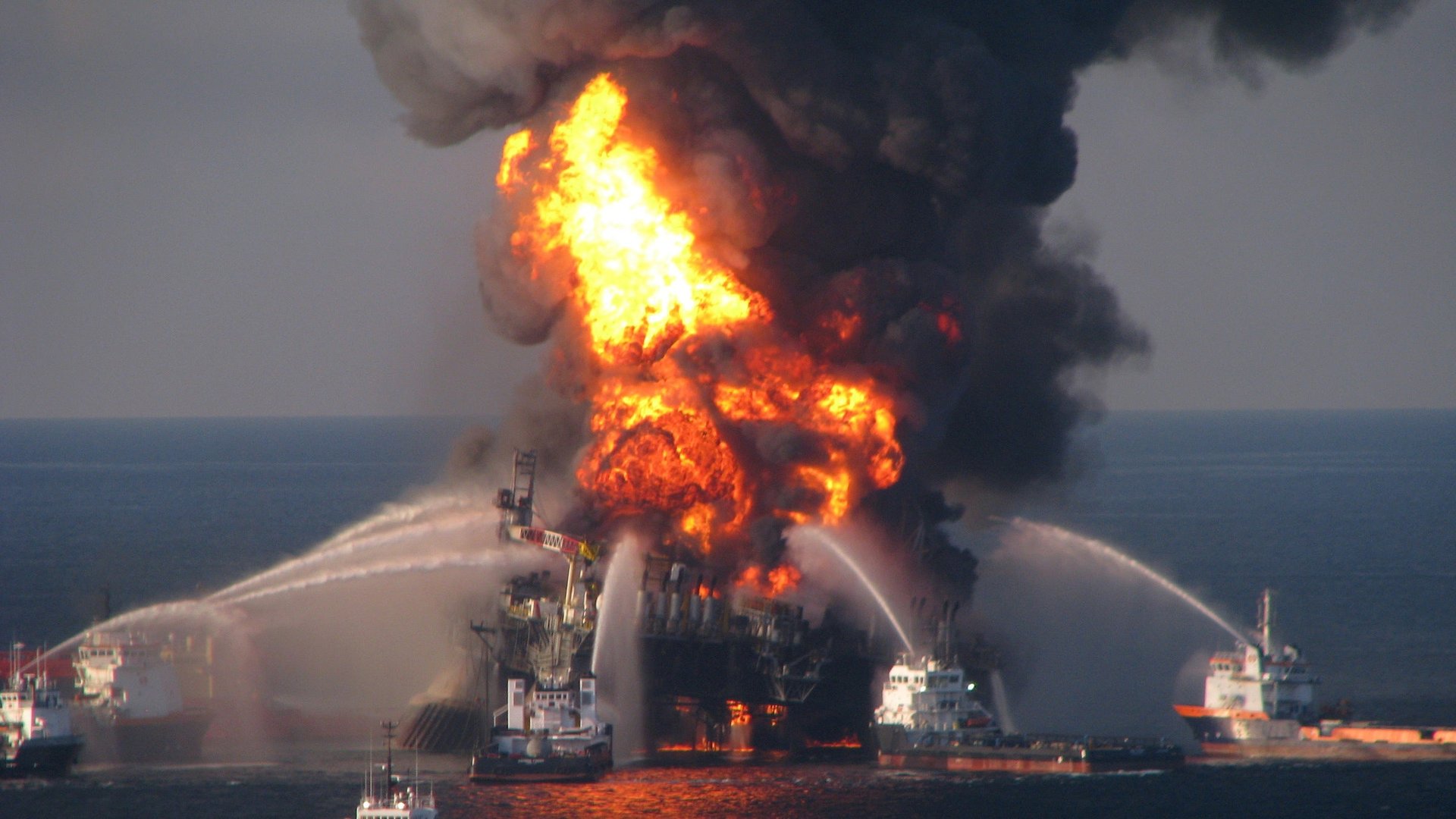BP has been called incompetent, reckless and negligent, but “dishonest” is worse
BP has suffered multi-billion-dollar fines, criminal charges and an existential threat since the 2010 blowout of its Deepwater Horizon oil rig in the Gulf of Mexico. But through it all the worst it was called was incompetent—until today. The US Environmental Protection Agency (EPA) branded the British company as having a “lack of business integrity” because of criminal charges to which it pleaded guilty Nov. 15 stemming from the accident. That may be a more disparaging than incompetence, negligence, or recklessness, of which BP has also been accused.


BP has suffered multi-billion-dollar fines, criminal charges and an existential threat since the 2010 blowout of its Deepwater Horizon oil rig in the Gulf of Mexico. But through it all the worst it was called was incompetent—until today. The US Environmental Protection Agency (EPA) branded the British company as having a “lack of business integrity” because of criminal charges to which it pleaded guilty Nov. 15 stemming from the accident. That may be a more disparaging than incompetence, negligence, or recklessness, of which BP has also been accused.
The latter three rebukes are arguably less pernicious—companies go on to live long lives having been so labeled. But a problem with integrity is hard to overcome. People don’t want to do business with companies that have been officially designated as dishonest. “It adds to the reputational hit that BP has taken,” David Pumphrey of the Center for Security and International Studies in Washington, DC, told me.
It’s more than just name-calling, though. As a result of the designation, BP has been barred temporarily from being able to bid on federal contracts. That includes lease bidding today in the Gulf of Mexico. While that does not affect current contracts, the blow could be significant given that BP is the US Defense Department’s largest fuel supplier: It did $1.3 billion in business with the Pentagon in 2011.
In a statement, BP did not reject the EPA finding, but said it has submitted a statement more than 100 pages in length in order to get the federal contract suspension lifted. It said that the EPA is preparing a proposed administrative agreement that, if approved, will reverse the suspension.
But the message goes out beyond BP. The bar is now raised for the entire oil industry, and arguably major companies as a whole. “The real takeaway is a strong message to the oil industry—the consequences of any future accidents are likely to be far more severe than in the past,” Donald Lindsey, chief investment officer at George Washington University, says. “If I were an executive at any other oil company, I would be thinking, ‘What more can I do to make sure this doesn’t happen to me?’ This means that companies will really double down on making sure there aren’t accidents.”
In its statement today, BP observed a classic rule of crisis management: It avoided repeating the language used by its accuser. The phrase “lack of business integrity” does not appear in the company statement, nor the word “integrity” at all. It could be that BP is already as stigmatized as it will ever be over the accident. Wall Street for example seemed unfazed; BP’s share price was down as of this writing, but only by two cents. Yet today’s addition to the company image seems unlikely to be erased soon.